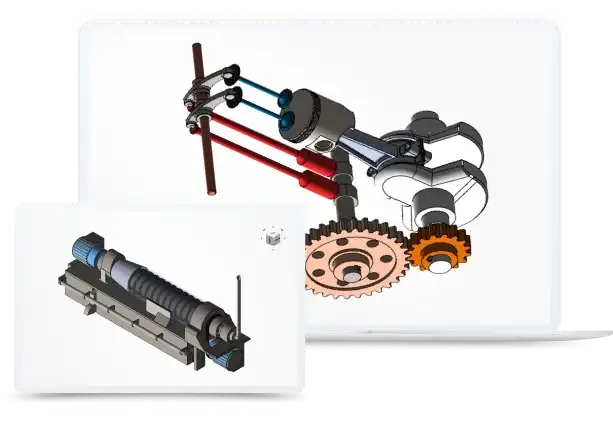
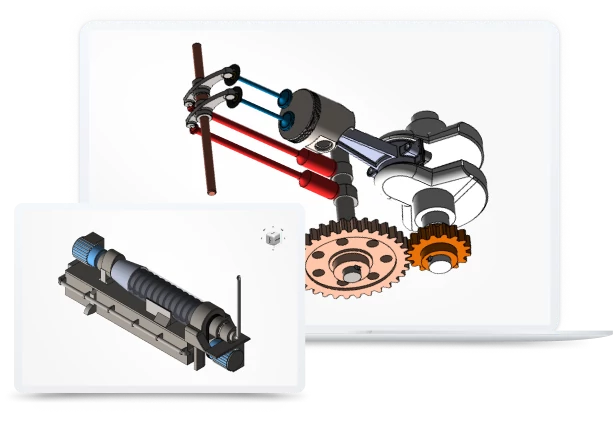
How to convert X3D
to Unigraphics?
- Applications for end-users.
- SDK's and tools for software developers.
- Custom development services for businesses.
Trusted by industry leaders







Convert X3D to Unigraphics with CAD Exchanger products

CAD Exchanger Lab
Desktop application to view, explore and convert 3D CAD data across 30+ file formats.
Convert X3D to Unigraphics with ease and flexibility:
- hide certain details and groups before conversion
- add XYZ section planes
- explode assemblies
- choose between view, projection, and selection modes
- add measurements
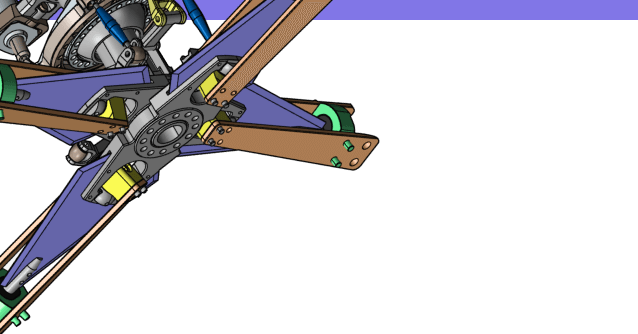
CAD Exchanger SDK
Software libraries for C#, C++, Java, Javascript and Python.
Include a wide range of conversion options in your apps:
- rapidly build production-ready applications with clear and structured API
- import, export, visualize and analyze 3D CAD files, including X3D
- complete more tasks with powerful add‑ons
Learn how to convert X3D to Unigraphics with CAD Exchanger
X3D
X3D is ISO standard XML-based file format for representing 3D computer graphics. X3D features extensions to VRML (e.g. CAD, geospatial, humanoid animation, NURBS etc.), the ability to encode the scene using an XML syntax as well as the Open Inventor-like syntax of VRML97, or binary formatting, and enhanced application programming interfaces (APIs).
The X3D extension supports multi-stage and multi-texture rendering; it also supports shading with lightmap and normalmap. Starting in 2010, X3D has supported deferred rendering architecture. Now X3D can import SSAO, CSM and Realtime Environment Reflection/Lighting. The user can also use optimizations including BSP/QuadTree/OctTree or culling in the X3D scene.
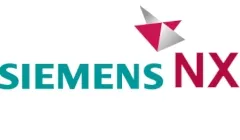
Unigraphics is a former name for Siemens NX, an advanced CAD/CAM/CAE software application suite. However, veterans are still using the Unigraphics name.
In 2002, the new version of Siemens Unigraphics, merged with I-DEAS software, was released and called NX, which means "Next Generation". In fact, it was the last version of the software released under the Unigraphics name. All further releases became known as NX. So the addition of I-DEAS functionality to the core code of the Unigraphics has become the basis of the existing NX product line.
Siemens NX / Unigraphics use a .prt extension, which contains 3D CAD parts.
Convert X3D
to Unigraphics
Need to work with CAD files in numerous formats? No worries.
From X3D to Unigraphics, CAD Exchanger gets you covered.
What Our Delighted Customers Say
Frequently Asked Questions
From Our Blog
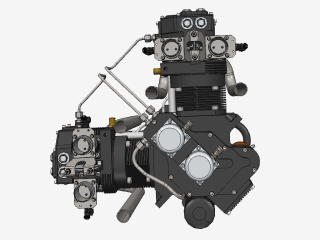
Everything you need to know about CAD file formats
A CAD file is an output of a CAD software, containing key information about the designed object: its geometry and topology representation, 3D model hierarchy, metadata, and visual attributes depending on the format of the file.
Read more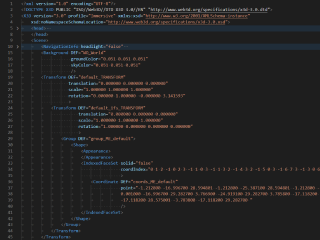
3D formats overview: VRML and X3D
In the seventh part of the series, we explore two open formats aimed at putting 3D data on the web, which found use in the CAD space
Read more
Integration with UNIGINE engine
This article explores the integration possibilities with the UNIGINE engine, a powerhouse in the realm of virtual simulation and game development. Learn how it can be used in applications built with the UNIGINE engine to import CAD and 3D models.
Read more